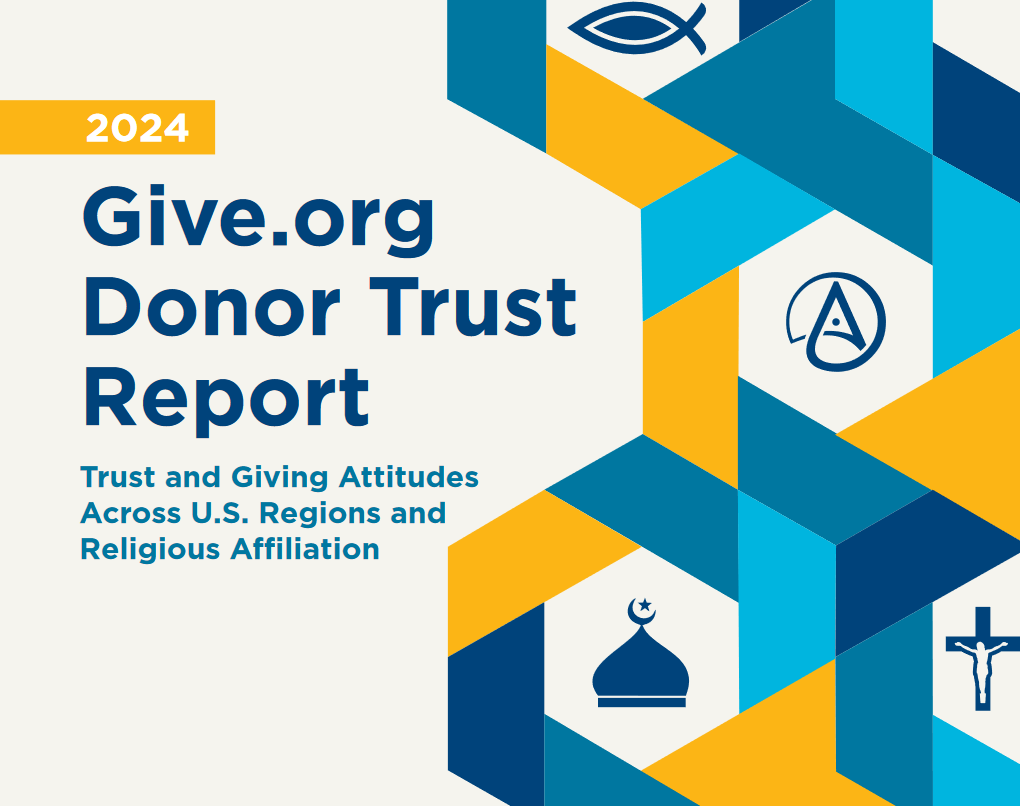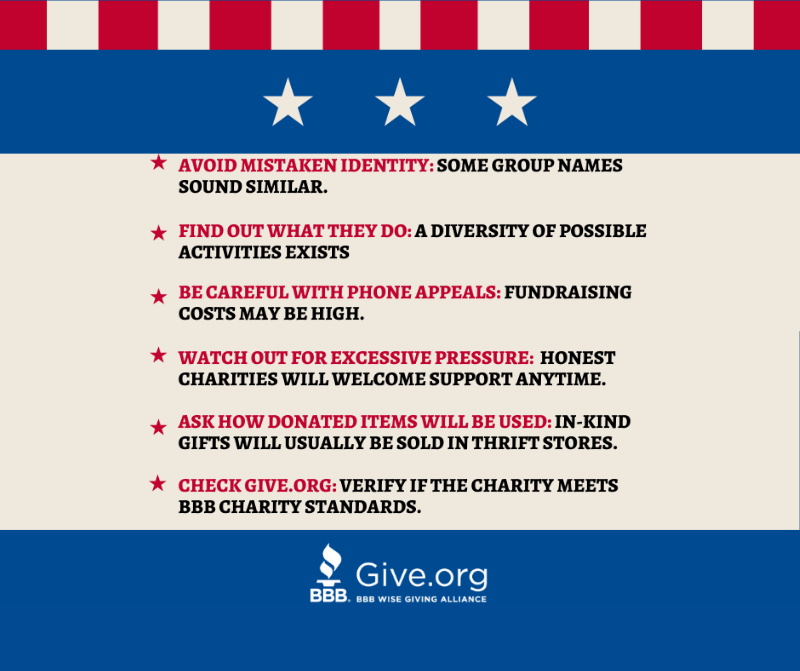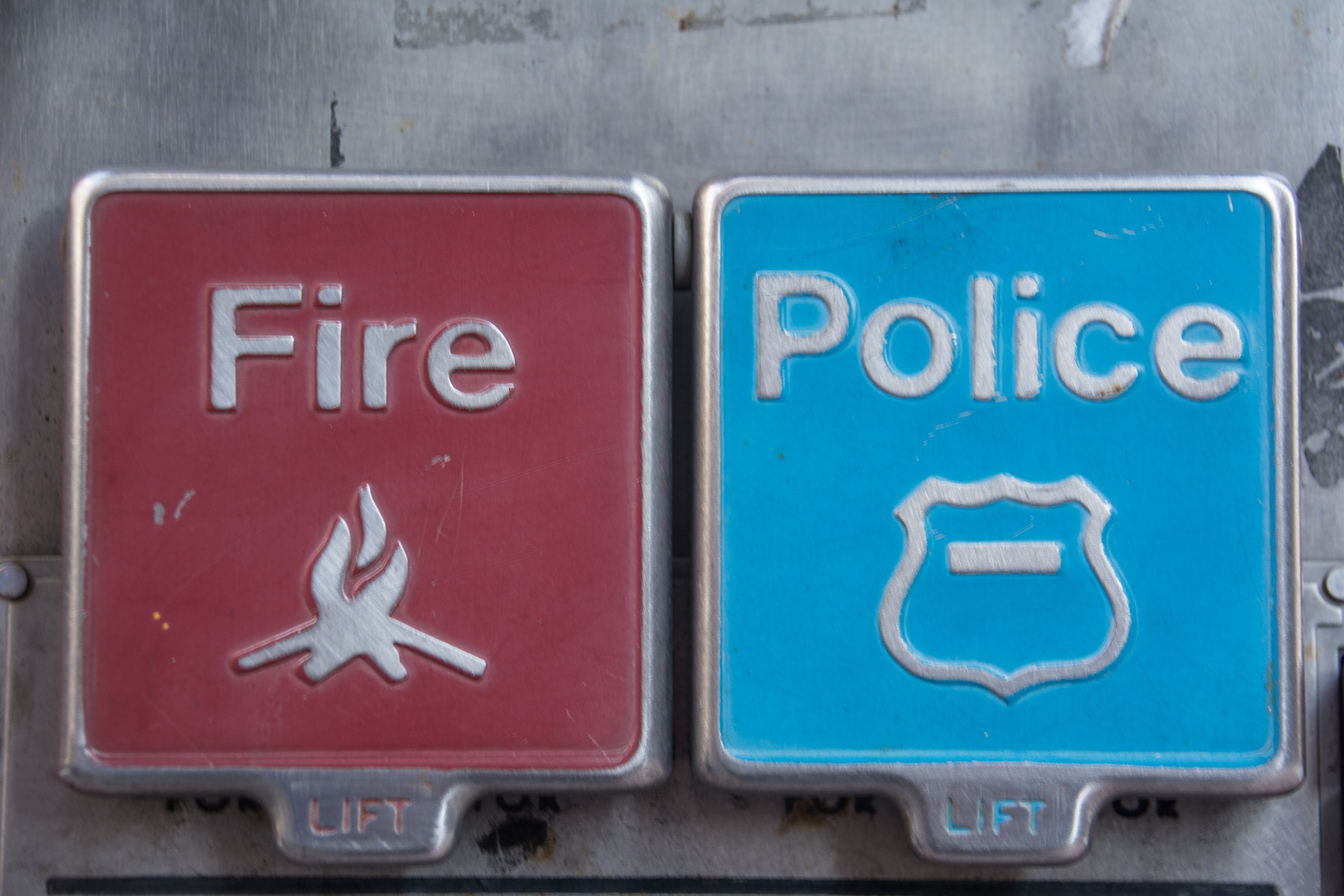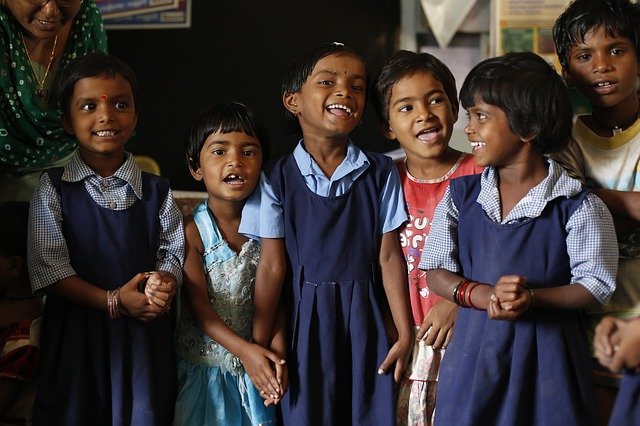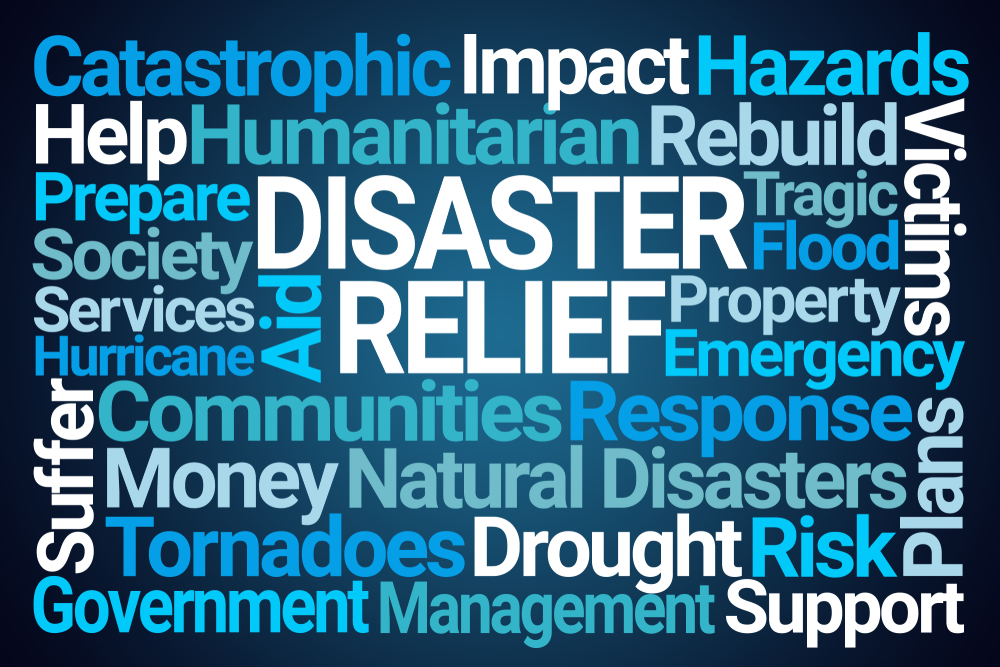Wise Giving Wednesday: Avoid Donor Misconceptions on #GivingTuesday
Next Tuesday, November 27th, is the Tuesday after Thanksgiving in the U.S. and is the seventh anniversary of #GivingTuesday – the designated day to donate to charities. Since its founding by the 92nd Street Y (a BBB Accredited Charity), this event has grown into a movement that takes place in many countries around the globe. In 2017, they reported that more than $300 million was cumulatively raised online in 150 countries.
As donors participate in #GivingTuesday activities, BBB Wise Giving Alliance encourages individuals to check out charities at Give.org to verify if they meet the 20 BBB Standards for Charity Accountability (i.e., a BBB Accredited Charity.) We also recommend that donors consider the following public misconceptions that were identified in the recently released, Give.org Donor Trust Report, an in-depth look into the State of Trust in the charitable sector. This was done through an online survey of a panel of 2,100 adults (18 and above) across the United States.
1. Don’t assume that charity size and regional scope signal trustworthiness. 67 percent of survey respondents said they trust local charities more than national and 62% trust small organizations more than large ones. However, in BBB WGA’s experience, charities of all sizes and scope demonstrate good and bad accountability practices.
2. Don’t assume verifying trust is easy. The Donor Trust survey results showed that younger generations are more likely than older donors to believe that verifying trust is easy and can be accomplished by examining the charity’s appeal alone. As demonstrated by evaluative reports on charities produced by BBB WGA and BBBs, verifying charity trustworthiness is more complex and involves a review of such issues as charity governance, finances, results reporting, and solicitation accuracy.
3. Don’t rely on stories and passion alone in assessing trust. The survey results also indicate that 46% of Generation Z (ages 18 and 19) and 32% of Millennials (ages 20-36) tend to attribute trust to those organizations that demonstrate more apparent passion and sincerity in the appeal. In BBB WGA’s view, such indicators are not a reliable means to verify trust and could lead younger donors vulnerable to questionable solicitations.
4. Don’t focus excessively on financial ratios. While financial ratios are an important part of a charity’s overall picture, excessive focus on low overhead spending can be misguided and potentially harmful to an organization’s capacity for service. Consider a more comprehensive view of a charity’s activities in order to make a wise giving decision.
Video of the Week
We are pleased to provide a video of the week that features interviews with BBB WGA staff members discussing donor misconceptions featured in the Give.org Donor Trust Report
Recent Reports
We are always working with charities to publish or update reports for donors. Visit Give.org or local BBBs to check out any charity before giving. Our recently evaluated charities include:
Finally, remember to let us know by going to give.org/charity-inquiry if you are interested in seeing a report on a charity not on the list and we will do our best to produce one.
H. Art Taylor, President & CEOBBB Wise Giving Alliance




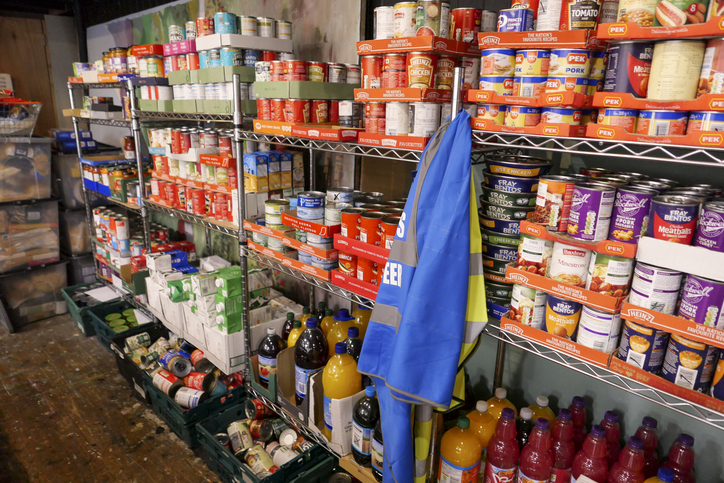




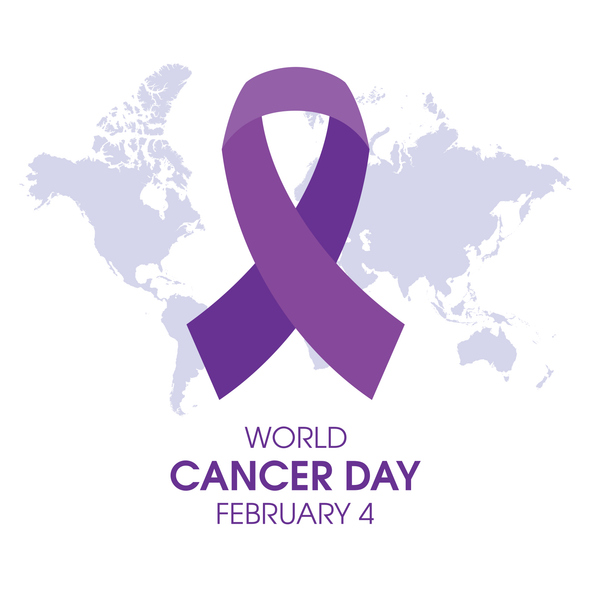


.jpg?sfvrsn=8073f1a5_0)


